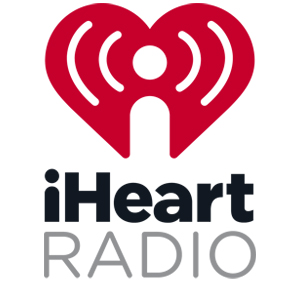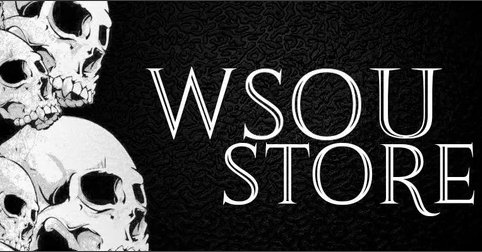Seton Hall
Metal Health: Bringing the Ignored Darkness to Light
Date: August 3, 2017By: Nick Durant
Today would’ve been Chris Cornell’s 53rd birthday. His good friend Linkin Park vocalist Chester Bennington committed suicide today. Last year was marked by the deaths of several iconic musicians including Prince and George Michael fresh off of the loss of Lemmy from Motorhead and Scott Weiland from Stone Temple Pilots in December of 2015. The time had come where age started to creep up on these big names that we felt were invincible. Scott Weiland was the exception in the group, dying from an accidental drug overdose. Half way through 2017 we have now lost two music icons, Chris Cornell of Soundgarden and Audioslave and Chester Bennington from Linkin Park and who replaced Weiland in Stone Temple Pilots a few years back. These death’s both came by surprise and the reason they came out of nowhere was because they did not have to happen.
Mental health has been something that has long been brushed off and ignored but as of recently it is starting to get the attention that it should. Music, especially rock and metal, has always been considered an escape from day to day life and the one constant through personal struggle. Having a rough day? Throw on some Hatebreed and I guarantee your day won’t be nearly as bad. What we sometimes forget when we listen to music is that those creating it are people too and they are going through their own struggles as well. Sometimes it is as obvious as their lyrics that these “rock gods” are in dark places and that could be partially why we relate to these songs. The attention is not given to these artists when they are truly in need of help until it is too late.
Many of these icons turn to drugs and alcohol and we hear of overdoses and long-term abuse. Many say it comes with the territory, “It’s sex, drugs, and rock and roll isn’t it?” This romanticizing and glamour covers up the fact that many of these artists use these vices to cover up these deeper personal issues. Cornell, Bennington and Weiland were all victims of substance abuse and their health mentally and physically took a toll. I remember seeing Cornell with the reformed Audioslave earlier this year and I could see something was off. His singing was off and I could see something was going on with him. A few months later he took his own life.
Bennington, Cornell, and Weiland were all iconic in their own right for their incredibly unique voices and unforgettable songs that will live on as classics. You’re lying if you can listen to one of their bands and the hair doesn’t stand up on the back of your neck from at least one of their songs. These three singers all paved their own lanes with their bands and at times were ridiculed but they always ploughed forward and made the art that has brought them to legend status.
The waves of shock and sadness that comes with the news of the loss of these artists runs deeper because of the huge influence that these artists have on the future of music. In a world where people every day say rock is dead, the music of Linkin Park and Soundgarden continue to inspire the next generation of those who will carry the torch of rock music and show that these legends may be mortal but their creations are forever. Just the other night, I saw Crobot perform and they payed tribute to Chris Cornell saying that they wouldn’t be on stage if it wasn’t for him and they played a moving cover of Audioslave’s “Cochise.” It’s hard to find a metalcore band that has not expressed that Linkin Park has been an influence. Whether it’s Bring Me the Horizon, Fit For a King, Of Mice & Men or Dangerkids these bands carry on the Linkin Park legacy. Linkin Park was even a big part of getting metalcore bands in front of a bigger audience by taking Of Mice & Men and A Day to Remember out on tour. Many people remember when Linkin Park played one show on Warped Tour in 2014 and had vocalists from several metalcore bands come up and do guest vocals on songs that they grew up listening too.
At the end of the day we are all people. We all go through dark times, we all need help sometimes. Mental health is not something to ignore or to feel bad or embarrassed about. There are ways to deal with depression and mental health’s other curveballs that come up in life. Don’t be afraid to ask for help. Life is precious and it is full of so many great joys and experiences, don’t cut it short. If you or someone you know needs help, don’t be afraid to talk about it. The National Suicide Prevention Lifeline (1-800-273-8255) is available 24 hours a day and is free and confidential.
Posted in: Metal, WSOU Exclusive, WSOU




